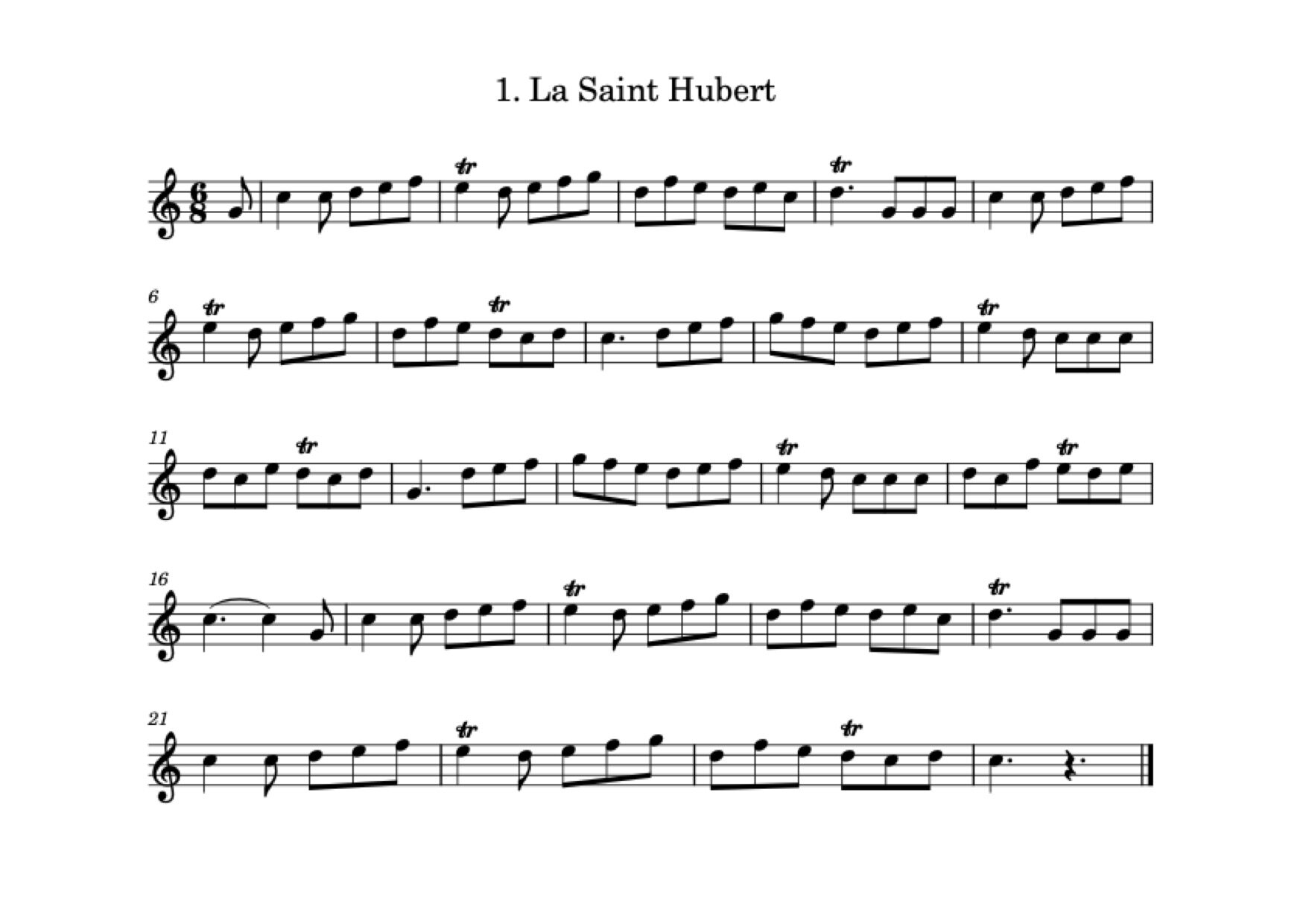Over the last eight months life has been very very strange. Back in early March, returning from the first leg of what was going to be a huge year of 2020 Beethoven concerts with Orchestre Révolutionnaire et Romantique, we knew something was coming but we had little comprehension of just how much the world was about to be turned upside down.
One of the things that has kept heart and soul together (and, honestly, a roof above my head) has been teaching. Fortunately I already had been doing a bit of on-line historic horn teaching so I didn’t feel as if I had to embrace something totally foreign.
I have students from all around the world - from Sydney in the east through to Los Angeles in the west. I’m working with young teenagers through to octogenarians. Some of them are professional players using this strange time to develop new skills, others are amateurs in the truest sense of the word.
I love working with these people. I love that it gives me a taste of travelling - one moment I’m catching up with someone in Tokyo, then off to Barcelona we go! It’s like a condensed version of touring!
Music offers us solace plus learning an instrument also require a lot of concentration and attention. I notice working with my students how their lessons and their practice between lessons can be a welcome distraction from what feels, especially so right now, like never ending sombre news.
In my sessions last week I found myself talking about St Hubert - mainly because I knew that St Hubert’s day is around the corner - Tuesday 3rd of November, 2020. I think there can’t be very many other groups of musicians that have their own patron saint (St Cecilia for musicians in general…) but horn players have historically claimed St Hubert to be ours. The legend goes something along the lines of the following: Hubert (c. 656–727) was a keen hunter. One day, whilst out hunting, he spied a stag and was about to shoot when the stag turned around and Hubert saw a vision of a crucifix between the antlers of the stag. The stag tells Hubert that he needs to live a more godly life. Hubert then renounces his wealth, gives up hunting, becomes a priest and eventually a saint. (Much more on the story can be found here).
Despite the fact that one of the elements of this story is St Hubert giving up hunting, he became designated the patron saint of hunters and, given the origins of the horn on the hunting field, therefore also the patron saint of horn players.
There is a great deal of music associated with St Hubert. For example the “Saint Hubert” call. This call can be found in numerous sources including the Marquis de Dampierre Recueil de Fanfares pour la chasse à une et deux trompes (Paris, c. 1778) and crops up in all sorts of works for horn, for example in Henri Busser’s La Chasse de Saint Hubert op.29.
One of the aspects of St Hubert Day which I always greatly enjoy is the massed choirs of trompe de chasse players who perform St Hubert masses. This is a big thing in France, Belgium and some parts of Germany.
St Hubert’s Day 2020 comes at a dark time for many of us. With Europe re-entering a lockdown, this time one that will stretch into our winter. Many of my American students talk about their concerns for what their election may bring. When talking to all these musicians I work with around the globe, I found the idea of something small to look forward to next week being quite a welcome idea.
I’ve not quite worked out what I’m going to do to mark this St Hubert day. I’m fortunate enough to live next to a large park here in London and feel like going out doors and playing the “Saint Hubert”, a last flourish before the UK lockdown starts, maybe the thing to do for me. If anyone else wants to follow suit, fling open a window and sound out the call, or find another imaginative way of using the call this week, then please do!


